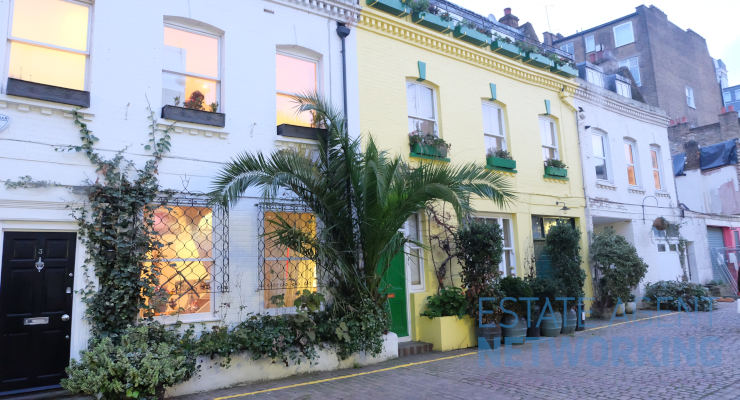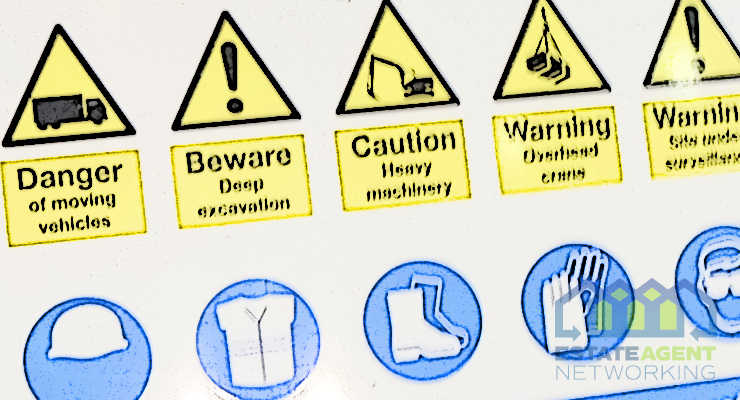Mid 40’s – Too Late To Invest In Real Estate?
With the current real estate market being what it is, people are starting to doubt if investing in real estate is a missed opportunity. It’s worse for those who’ve crossed the 40 year threshold because it can feel like there’s not enough time to reap the rewards of your investment.
But, with the average human life expectancy in this generation being a generous 90 to 100 years old, you still have a long way to go if at 40 years old. In fact, with the right information and proper understanding of the market; anyone can invest in real estate, and some people don’t start investing until they’re about 50 years old.
Read on for tips on how to start investing in real estate in your 40s and the benefits that come with starting your investment career at a mature age.
Benefits of investing in real estate while in your mid-40s and beyond
If you’re still renting at the age of 40, don’t be embarrassed. You’re one of millions in the same position who’re just now starting to consider real estate as a viable investment opportunity. In fact, you might even have an advantage over your peers who invested earlier because you’re at a mature stage of your life.
You’ve paid off your student loans, the kids are out of the house, and you’re in a comfortable place in your career. Here are just some of the benefits that come with waiting until your 40s to invest in real estate.
-
A positive credit score
Most people in their 20s and 30s are still struggling to make credit payments which means they most likely have a poor or above average credit score at best. This obviously doesn’t put them in a good position to get reasonable mortgage interest rates.
However, someone in their 40s has had a couple of decades to improve their credit score and has a better chance at getting an agreeable mortgage rate.
-
You’re a budget hero
At this point in your life, you’ve outgrown the childish pursuits of youth such as reckless spending, and you probably hold a senior position in your profession. This makes it easier for you to budget for things like retirement, a mortgage and even vacations.
-
You’ll have more to offer in your deposit
Saving for a deposit for your first real estate purchase can be an uphill battle for most, especially if you’re still starting out in life. But, in your 40s it’s easier to come up with a sizeable down payment for your mortgage, especially if you’ve been saving religiously over the past decade. The best part is that the larger your deposit is, the lower your interest rate and repayment amount will be.
Tips on how to start investing in real estate
-
Start small
While it’s important to take advantage of opportunities that are presented to you in real estate, it’s advisable to start small with a few rental houses here and there, so you can accumulate an impressive portfolio by the time you turn 60. To get to your desired goal, do your research on how deals are made in the industry and take your time researching properties.
-
Take your time
Walk through 50 to 100 houses if you have to until you find the right commercial or residential property to invest in. Don’t rush to buy the first rental unit or house you find. This gives you a chance to perform your due diligence on the area over time so you can get familiar with the numbers. The most important thing is to find a property that gives you the most amount of money each month.
-
Invest with a purpose
Figure out what the properties you’re investing in mean to you. For instance, three of them might be for income and another may be for your child’s college fund. Map out the number of properties you want and assign a purpose to each one. Compartmentalize them and start building your future.
Again, include all the responsible things like income and financial independence, wedding gifts and college funds etc. The cash flow and recurring revenue you’ll get from investing in real estate can lead to a pretty comfortable retirement by the time you reach your 60s.
-
Take it seriously
You have plenty of time to build your own real estate empire. Make sure you have enough capital and stay actively searching for deals. The most important thing is to find a good house in the right location.
Once you’ve found a property to invest in, treat it like a small business. That means you should set aside at least 10% for repairs and maintenance. Consider your tenants as customers, while paying attention to the markets you’re investing in.
Conclusion
A lot of people miss out on rental income and the opportunity to own a home due to the fear of the unknown. But, you should be the final decision-maker on your own life and don’t let perceptions about your age dictate your investing decisions. At the end of the day, it comes down to how you value yourself and how informed you are, and all you can do is to plan well and set yourself up for success.
Author – Marta Xuereb









